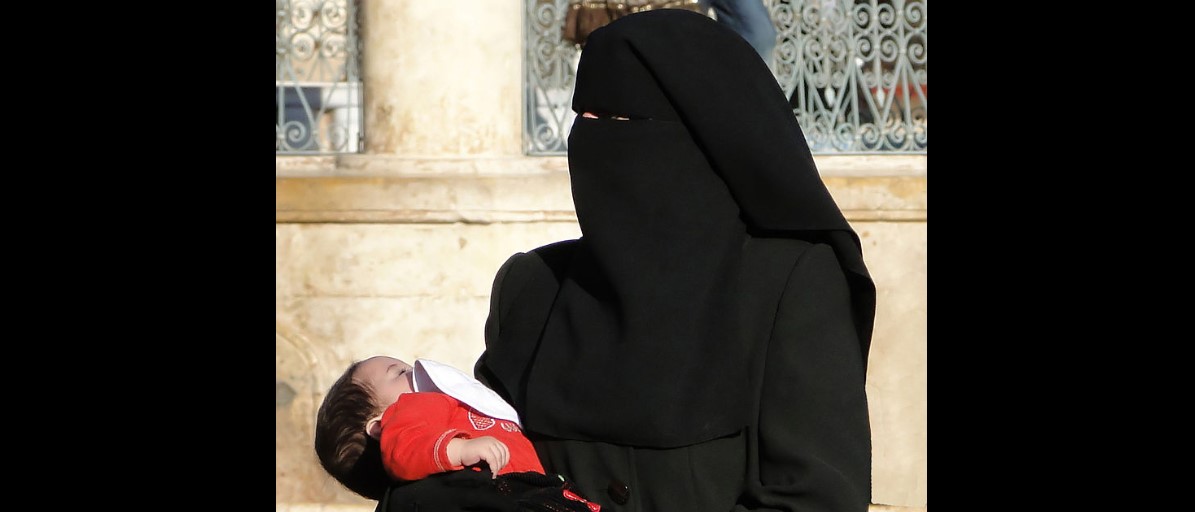The niqab is a garment which covers the entire face apart from the eyes. Following a June 27 double suicide bombing in Tunis that left two dead and seven wounded, the government decided to increase security. The political climate has become tense since the double bombing that occurred last Thursday in the capital city.
In February 2014, the Interior Minister had already instructed police as part of its anti-terrorism measures, to increase surveillance on those wearing the niqab. The garment can easily be worn as a disguise to escape scrutiny and justice, the authorities said.
Before former President Zine El Abidine Ben Ali was ousted from office during Tunisia’s 2011 revolution, the niqab and other Islamic symbols were not tolerated in the country. Tunisia is one of the few countries in the region today where both secular parties and Islamists have ruled together.
The dangers of authorizing the niqab in public in terms of security, is obvious: the suicide bomber, who blew himself up on Tuesday, was disguised in a niqab. As reported French daily Le Figaro on Friday, July 5, the Tunisian authorities banned access to government and public institutions to anyone wearing the garment.
The head of government Chahed, endorsed the decision by signing a government circular. For the Tunisian authorities, it is necessary to take all precautions to avoid the repeat of an earlier tragedy which was later claimed by ISIS.
The latest suicide bombing was the third such terror attack within a week ahead of preparations for autumn elections and at the peak of the tourist season.
#Tunisie Le gouvernement émet une circulaire interdisant le port du niqab dans les administrations et établissements publics. pic.twitter.com/1QyKQD5ESB
— Sarah Ben Hamadi (@Sarah_bh) July 5, 2019
In Sri Lanka, the niqab was recently banned for reasons of “national security”. The day before the attacks on Christians in the country, religious leaders had just called on Muslim women not to cover their faces so as to arouse no hostile reaction.
After the Sri Lankan church suicide bombings, attributed by the island authorities to the local Islamist group known as the National Thowheeth Jama’ath, the Muslim community has been under fire from critics. It is the Sri Lankan president himself, Maithripala Sirisena, who announced on April 28 the ban on the Islamic garment in the name of “national security”, reported the Swiss daily 24heures.
“This prohibition is aimed at ensuring national security. Nobody should hide his face to complicate his identification,” said the head of state, whose powers have been extended since the tragedy occurred on April 21 in a statement.
The presidential order has not posed any problems on the island yet. The Muslim community accounts for 10 percent of the population.
















